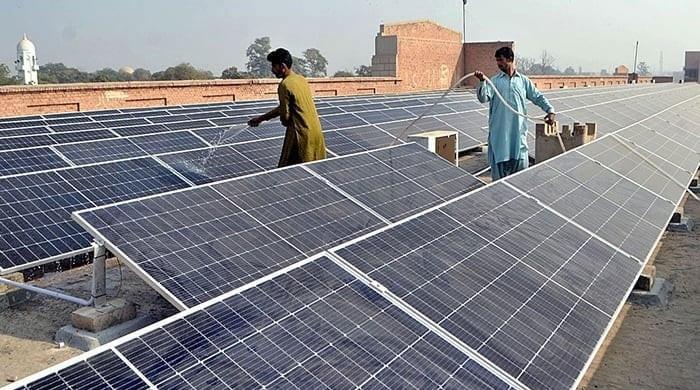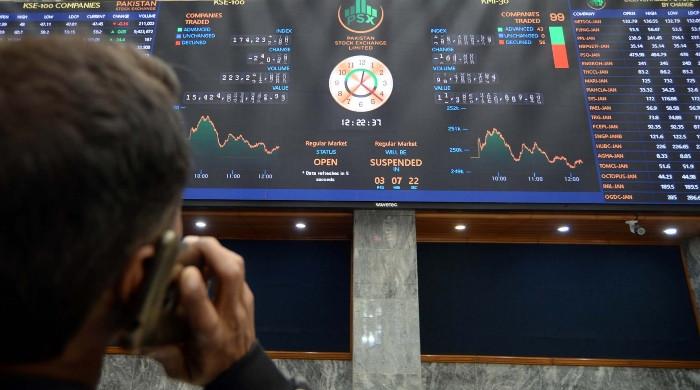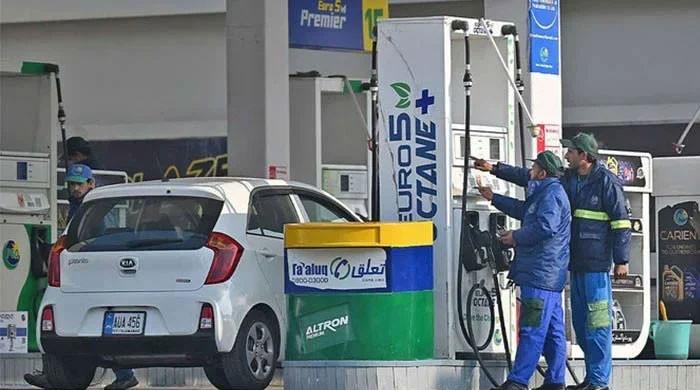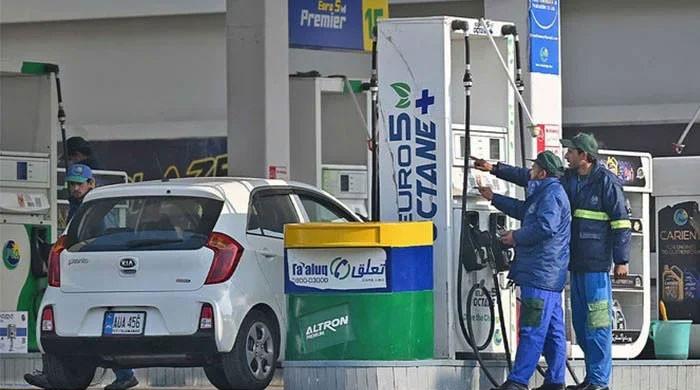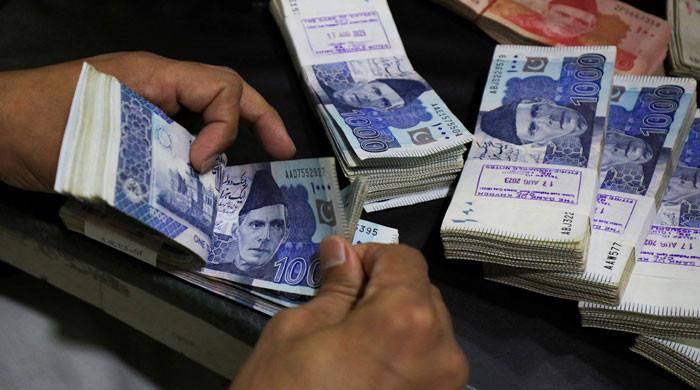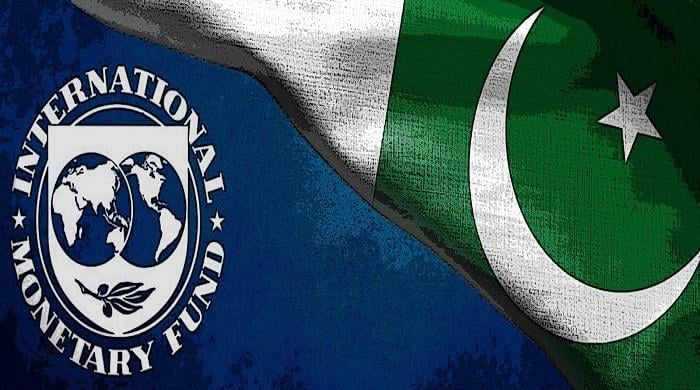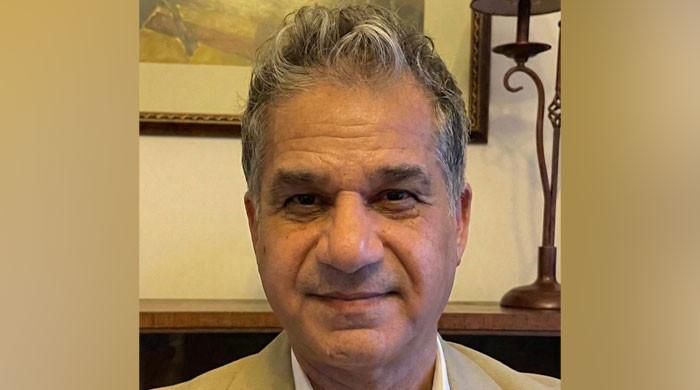Pakistan's credit default swap shoots up to 92.53% amid political unrest
Pakistan’s five-year sovereign debt rises to highest-ever level as govt, PTI remain at loggerheads
November 22, 2022
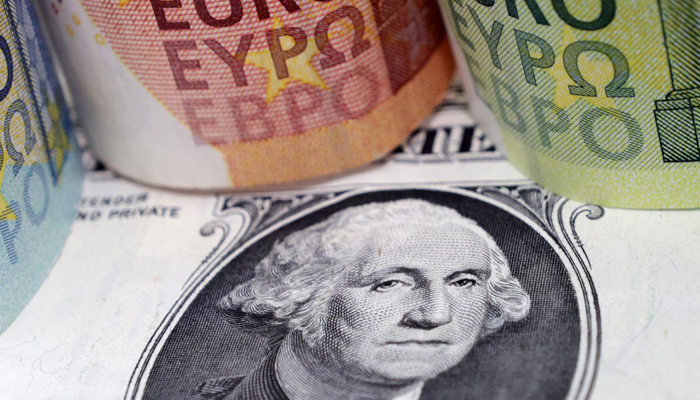
- Five-year sovereign debt rises to highest-ever level.
- Analysts see persistent political crisis behind surge.
- Government and PTI are still at loggerheads.
KARACHI: The cost of insuring exposure to Pakistan’s five-year sovereign debt rose by 1,224 basis points over the weekend, hitting the highest-ever level of 92.53%, a brokerage's data showed on Monday, The News reported.
The rate at these levels reflects a certain default. Analysts said the country’s sovereign dollar bonds would remain vulnerable until the political standoff between the government and the Imran Khan-led PTI settles.
“The situation on the ground is challenging but not as grave as reflected by the current Credit Default Swap (CDS) rate,” an analyst said. “The margin for any misadventure was thin, for sure.”
Pakistan’s economy is in upheaval, and its foreign reserves are quickly running out. The central bank’s foreign exchange reserves stand at $7.959 billion as of November 11 and are enough for less than six weeks’ worth of imports.
Despite the recent rollover of Chinese debt and fresh infusions from the World Bank (WB), and the Asian Development Bank (ADB), forex reserves have been declining.
As talks with the International Monetary Fund (IMF) over the ninth review of the loan facility come to a stalemate, its external financial strains are increasing.
Friendly nations have not made any definite funding pledges. After exports, remittances are the second-largest source of income, but those are declining too.
Along with the deteriorating economic fundamentals, Pakistan’s political instability forced the foreign debt markets to see its bonds as risky and politically unstable sovereigns for months.
According to former finance minister Dr Salman Shah, political instability has heightened anxieties for Pakistan and, in turn, hiked debt insurance premiums for the country’s bonds.
Shah claimed that the market was waiting for the government to take some action to alter how foreign investors saw Pakistani bonds.
“First and foremost, the army chief should be named as soon as possible and without controversy. The political environment in the nation will become more stable as a result,” Shah said.
"Second, the $1 billion repayment on the Sukuk due on December 5 should be made on schedule. Third, a road map for the elections that was acceptable to all political parties needed to be announced. The CDS would start falling right away if these actions were adopted," he said.
If not, everything would spiral out of control, the former finance minister said, adding that the IMF was currently not providing Pakistan with significant support.
“Since Pakistan must secure external financing to pay its foreign debt obligations, the economy demands complete attention. Therefore, it is necessary to carry out the IMF’s programme in letter and spirit, conduct structural reforms, particularly in the energy sector, and enhance the investment climate in the nation,” Dr Shah said.
Fahad Rauf, the head of research at Ismail Iqbal Securities said an important event would be the upcoming $1 billion payment on Sukuk, which would give confidence to the market.
“Pakistan is likely to remain in the IMF programme, even after the end of the current programme, which would help Pakistan in managing debt payments."
"However, serious reforms are required to reduce the increasing debt levels in the economy ie i) conserve energy, ii) increase tax base, iii) focus on exports, and iv) attract FDI,” Rauf said.




